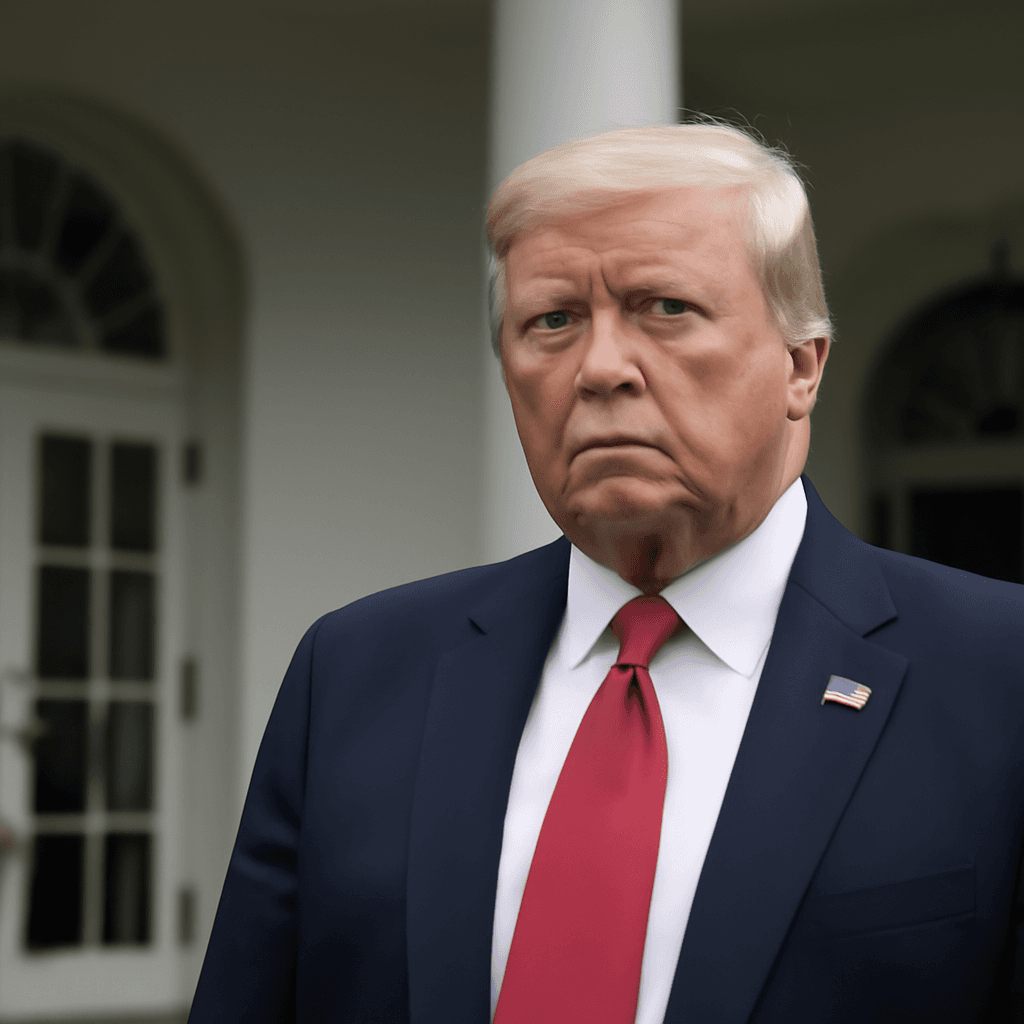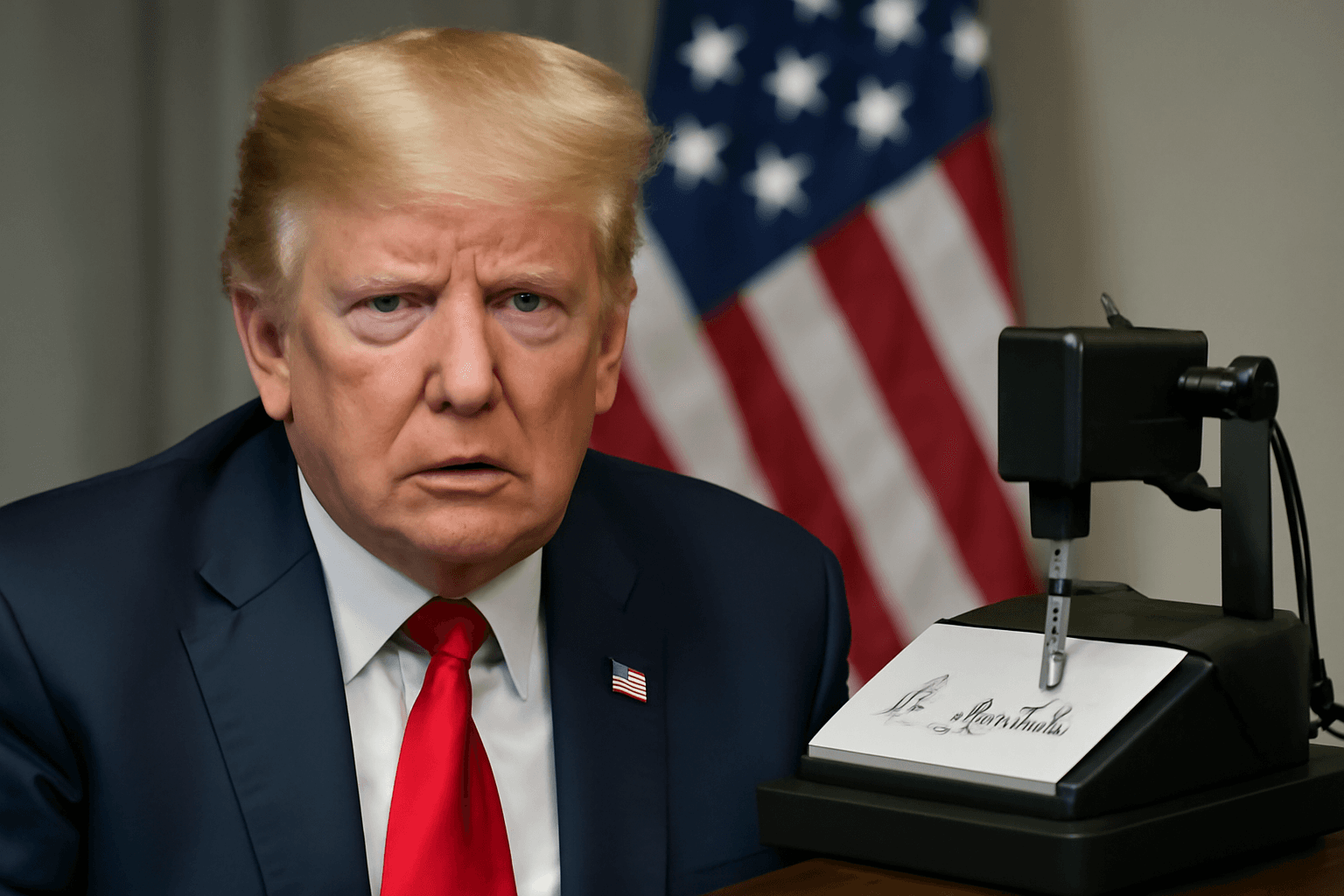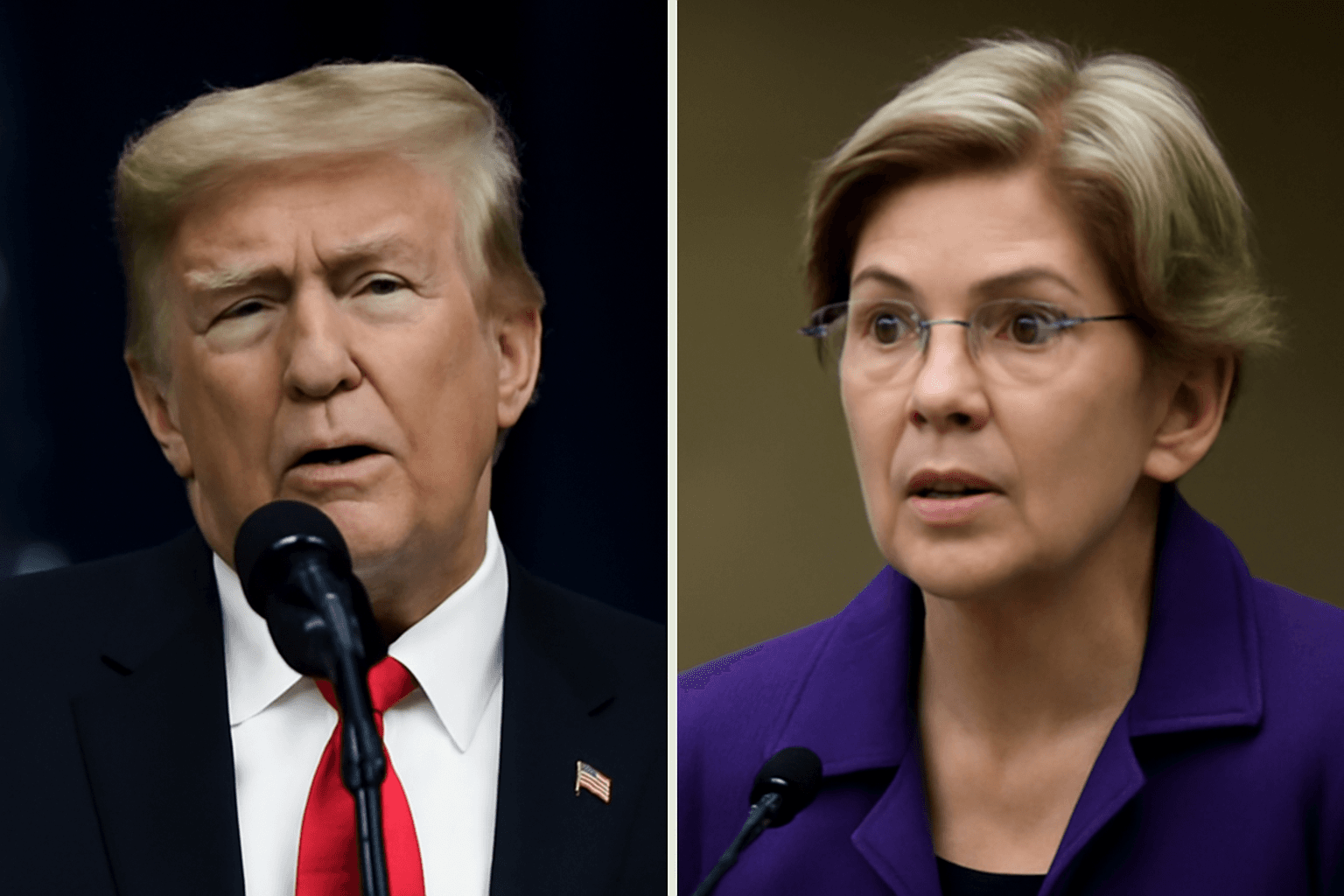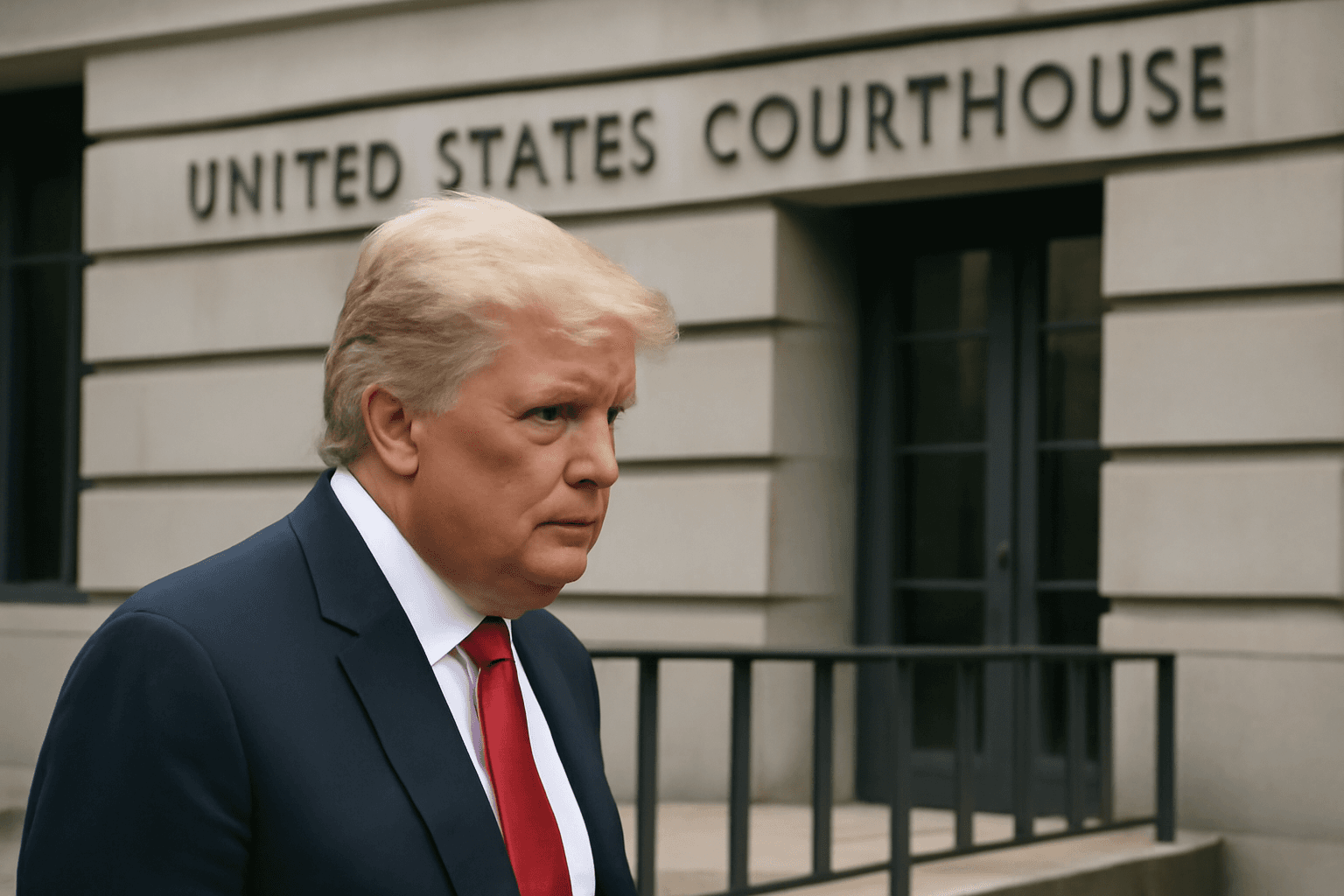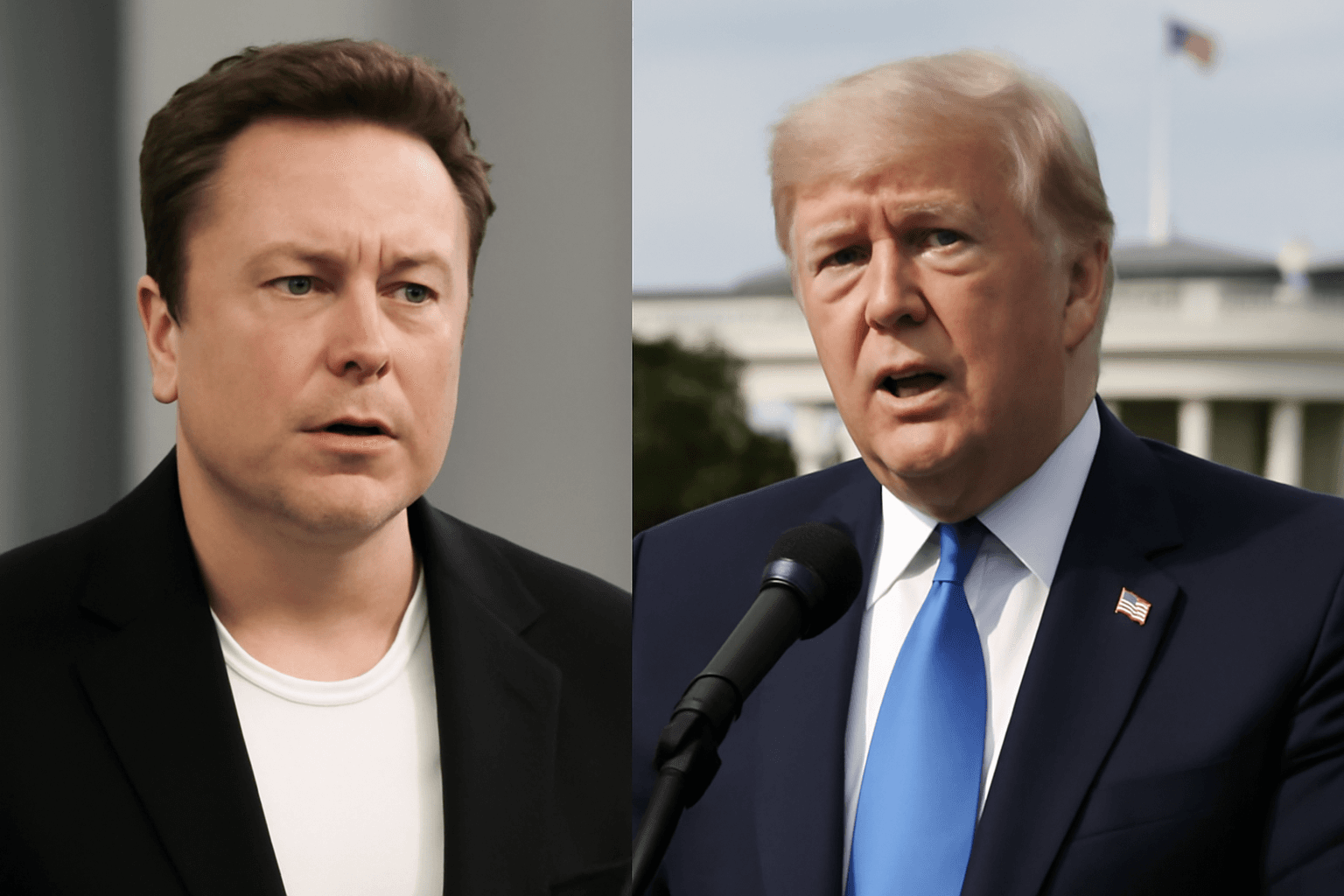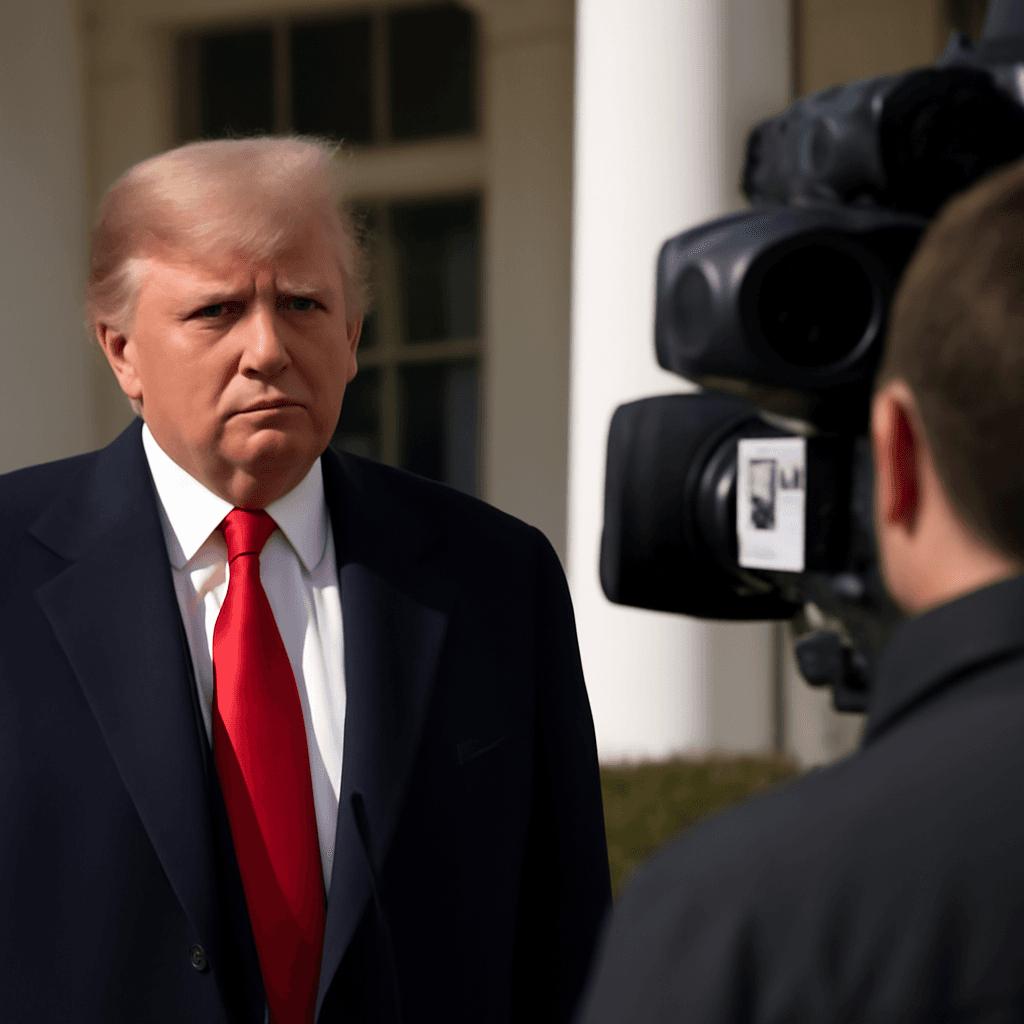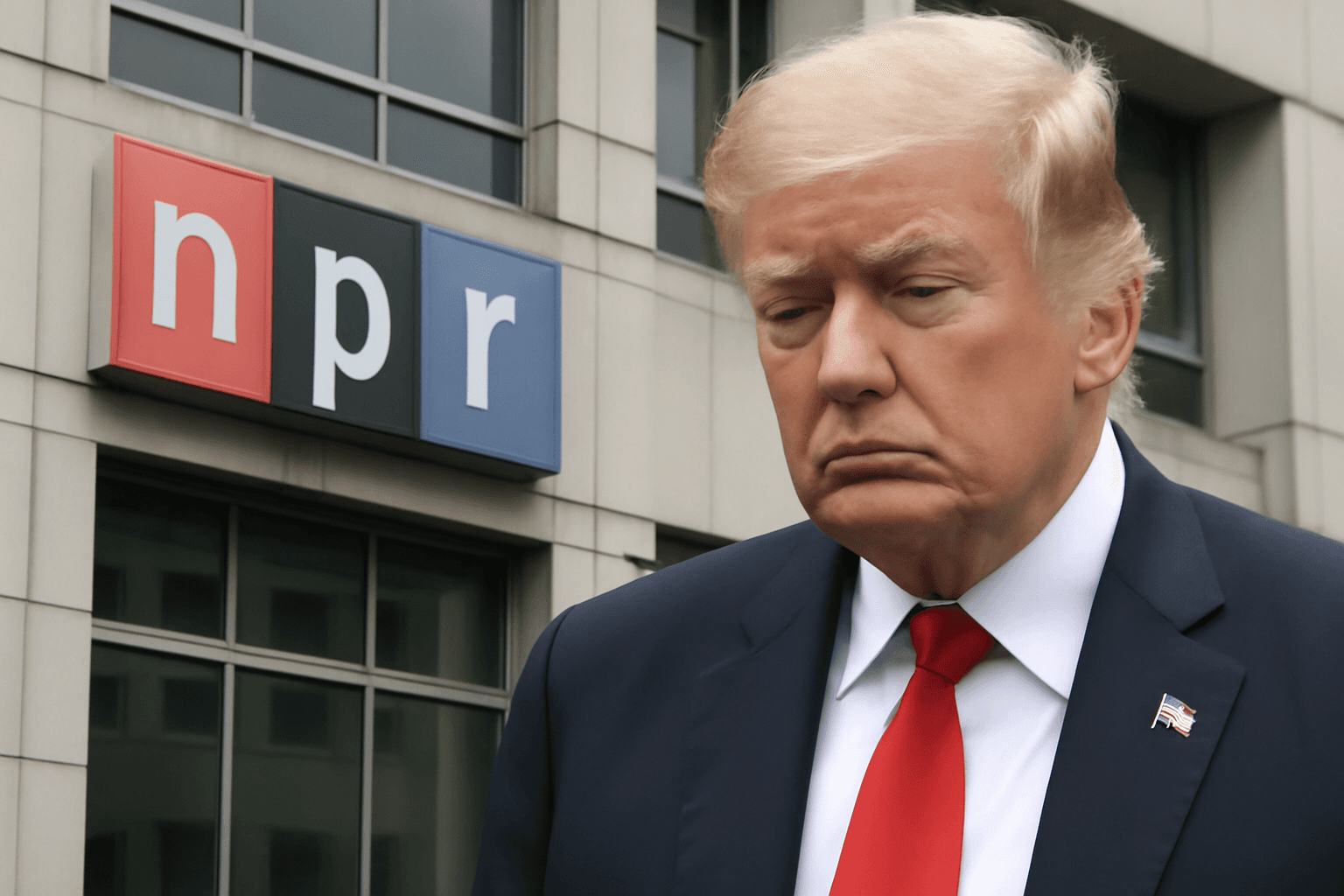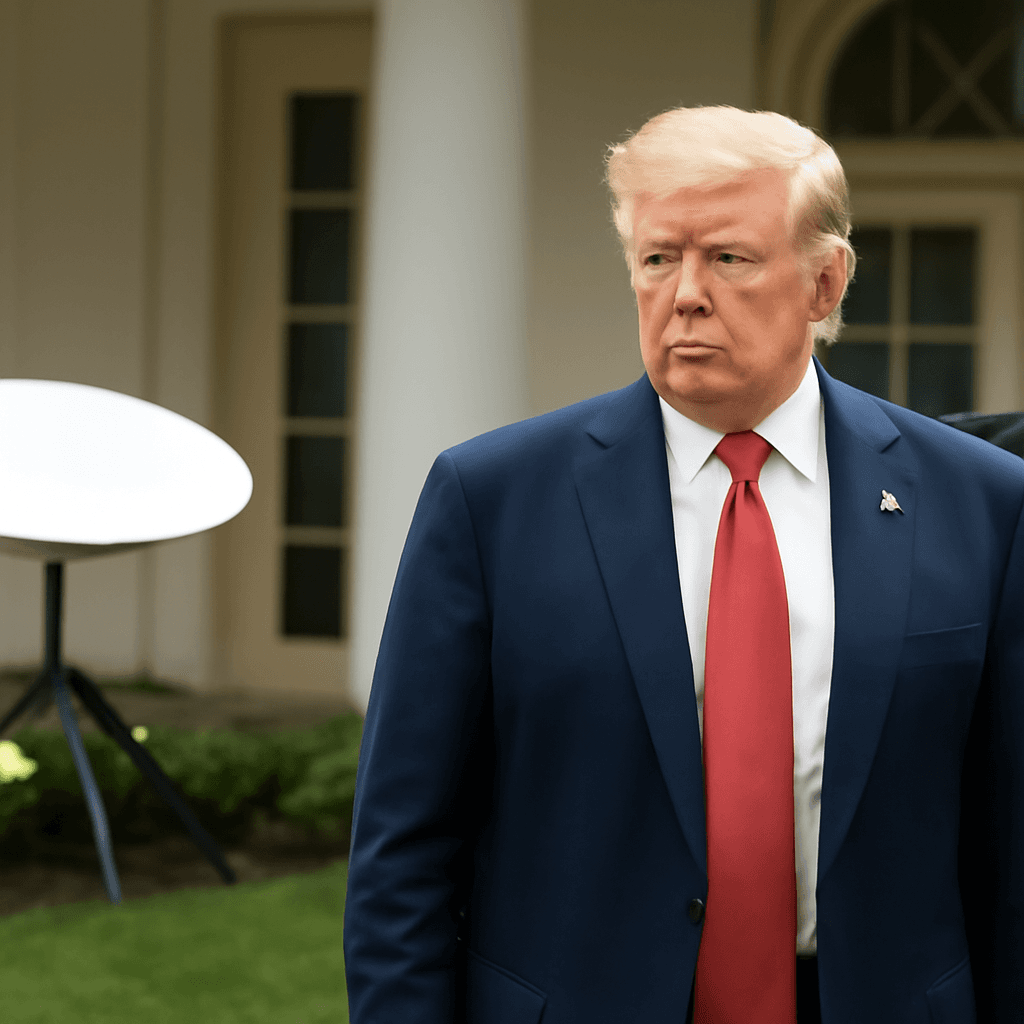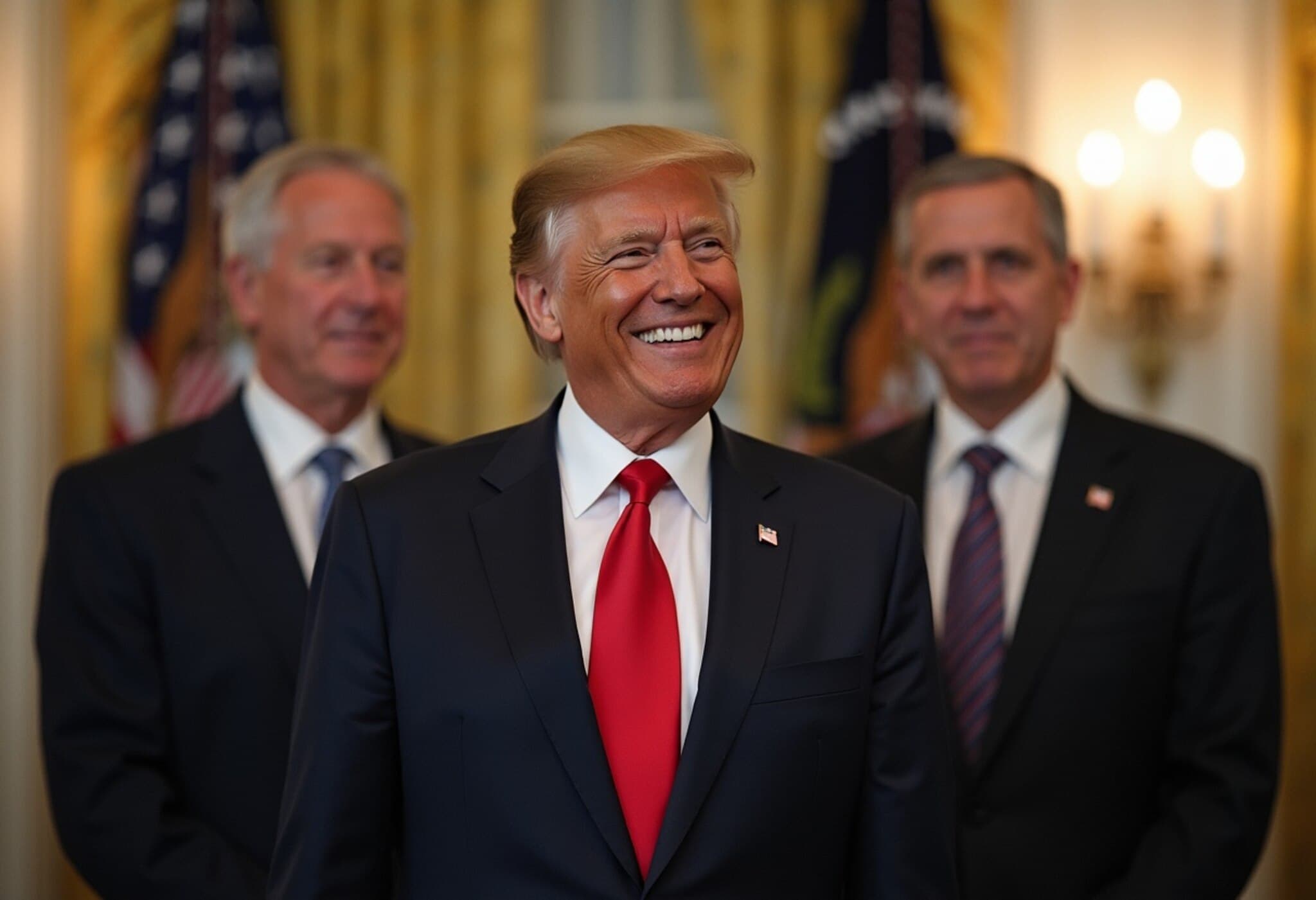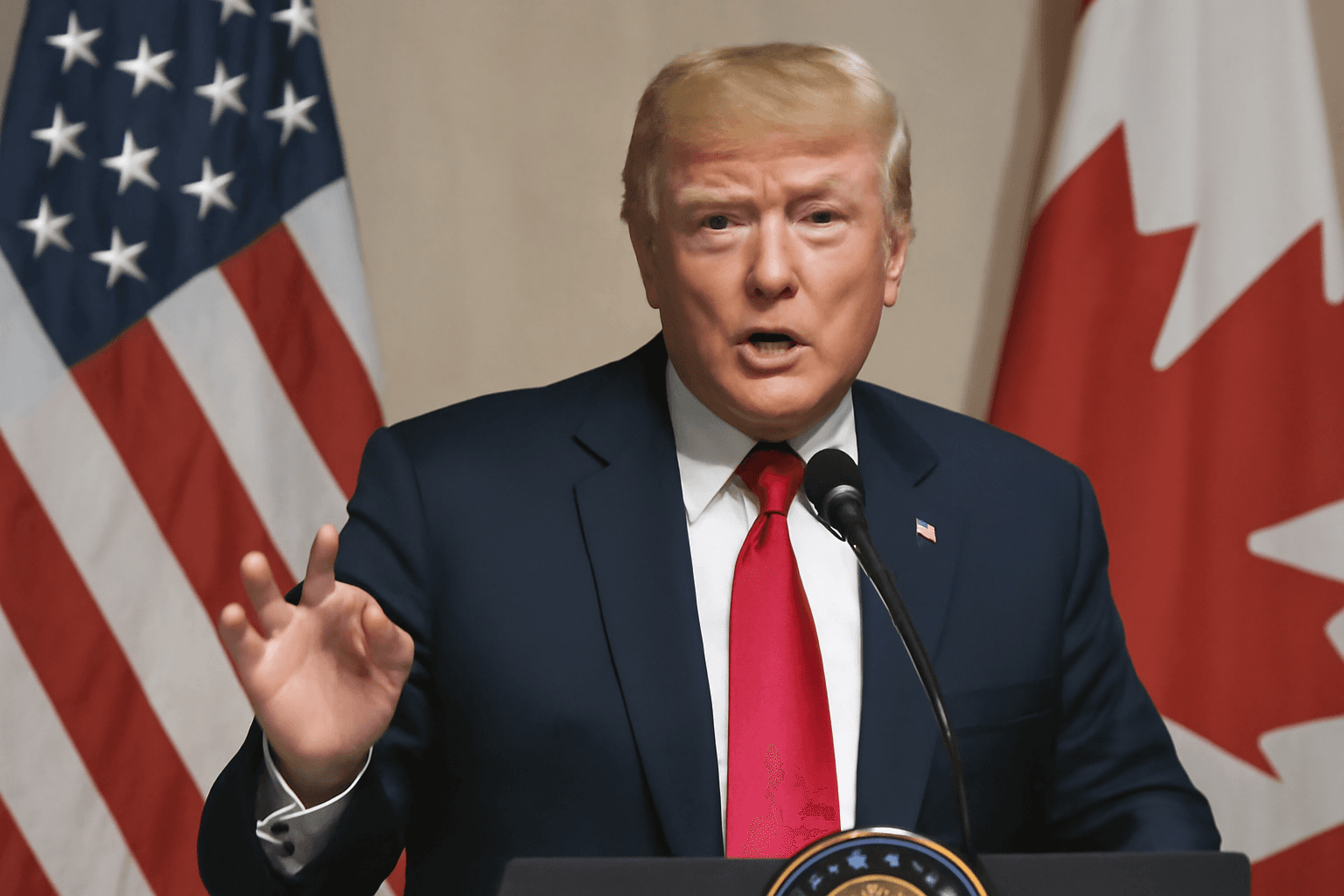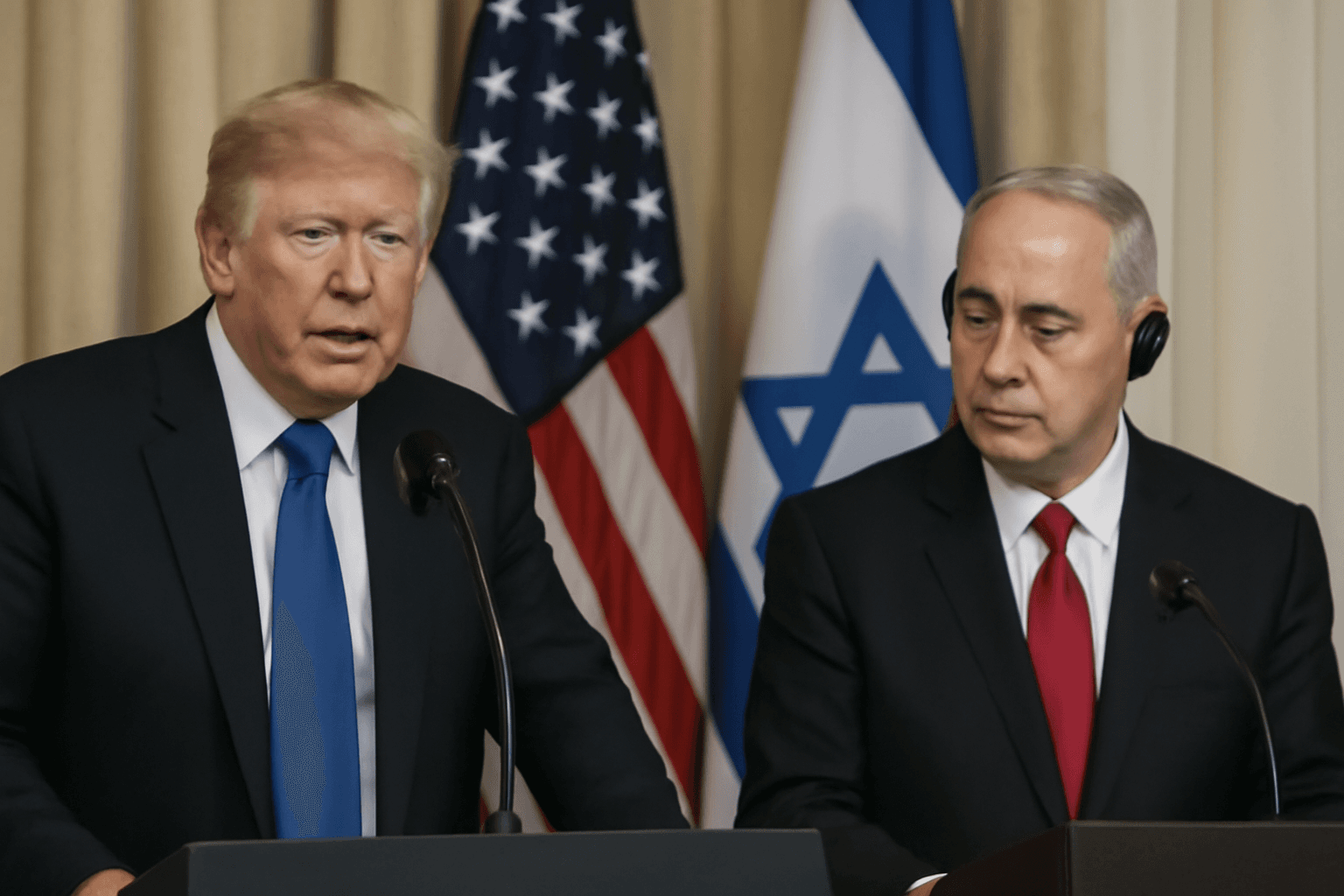Trump Administration Temporarily Bars AP from Key White House Events
A recent ruling by the US Court of Appeals for the DC Circuit has allowed the Trump administration to temporarily restrict The Associated Press' access to certain White House media events. This decision came after a lower court had ordered the White House to provide AP journalists with access to venues including the Oval Office, Air Force One, and other official events.
Legal Background and Court Decisions
The dispute began when the White House limited AP's access following the agency's decision to continue referring to the Gulf of Mexico in its reports, despite former President Trump renaming the body of water as the Gulf of America. In February, AP filed a lawsuit claiming the restrictions violated their First Amendment rights to free speech and press.
In April, US District Judge Trevor McFadden ruled that the White House must give AP equal access alongside other media outlets, emphasizing that exclusion based on journalistic viewpoint was unconstitutional.
However, in a 2-1 decision, the appellate court stayed McFadden's injunction, thereby permitting the White House to bar AP temporarily. The majority opinion, authored by Judge Neomi Rao and joined by Judge Gregory Katsas, argued that enforcing press access impinges on presidential control over private workspaces. They also indicated that the White House is likely to prevail in the broader lawsuit.
Judge Cornelia Pillard dissented strongly, highlighting the critical role of a free press in democracy and criticizing the majority's decision for undermining constitutional principles.
White House and Media Responses
The White House spokesperson emphasized that the AP does not have an absolute right to unrestricted entry into limited and sensitive areas such as the Oval Office and Air Force One.
The Associated Press expressed disappointment with the appellate court's ruling and stated it is evaluating further actions.
Implications for Media Access and Coverage
This legal battle underscores the tension between presidential control over media access and press freedom protections. The Trump administration maintains that it has full discretion in granting access based on prior media coverage.
Additionally, the White House's adjustment of media access policies has impacted other wire services such as Reuters and Bloomberg, who have faced limited opportunities to interview the president. These changes affect not just major news organizations but also local outlets and global financial markets that rely on real-time presidential statements.
Context on the Gulf of America Naming Controversy
The naming dispute is a significant underpinning of the conflict. The Associated Press, citing its stylebook, continues to use the historic name 'Gulf of Mexico,' which has been recognized for over 400 years, while acknowledging Trump's renaming to 'Gulf of America' in its reports. The White House's insistence on the new name influenced its decisions to restrict AP's access.
Key Facts
- February 2025: AP sues White House over media access restrictions.
- April 8, 2025: US District Judge orders the White House to grant AP access.
- June 6, 2025: Appeals court halts the lower court ruling, allowing temporary exclusion of AP from certain events.
- Disagreement among judges: 2-1 ruling with a strong dissent defending press freedom.
- Media rotation policies: Wire services face new limitations impacting news dissemination.
This ongoing case highlights evolving challenges in balancing executive authority, press freedom, and fair media representation in political communication.

